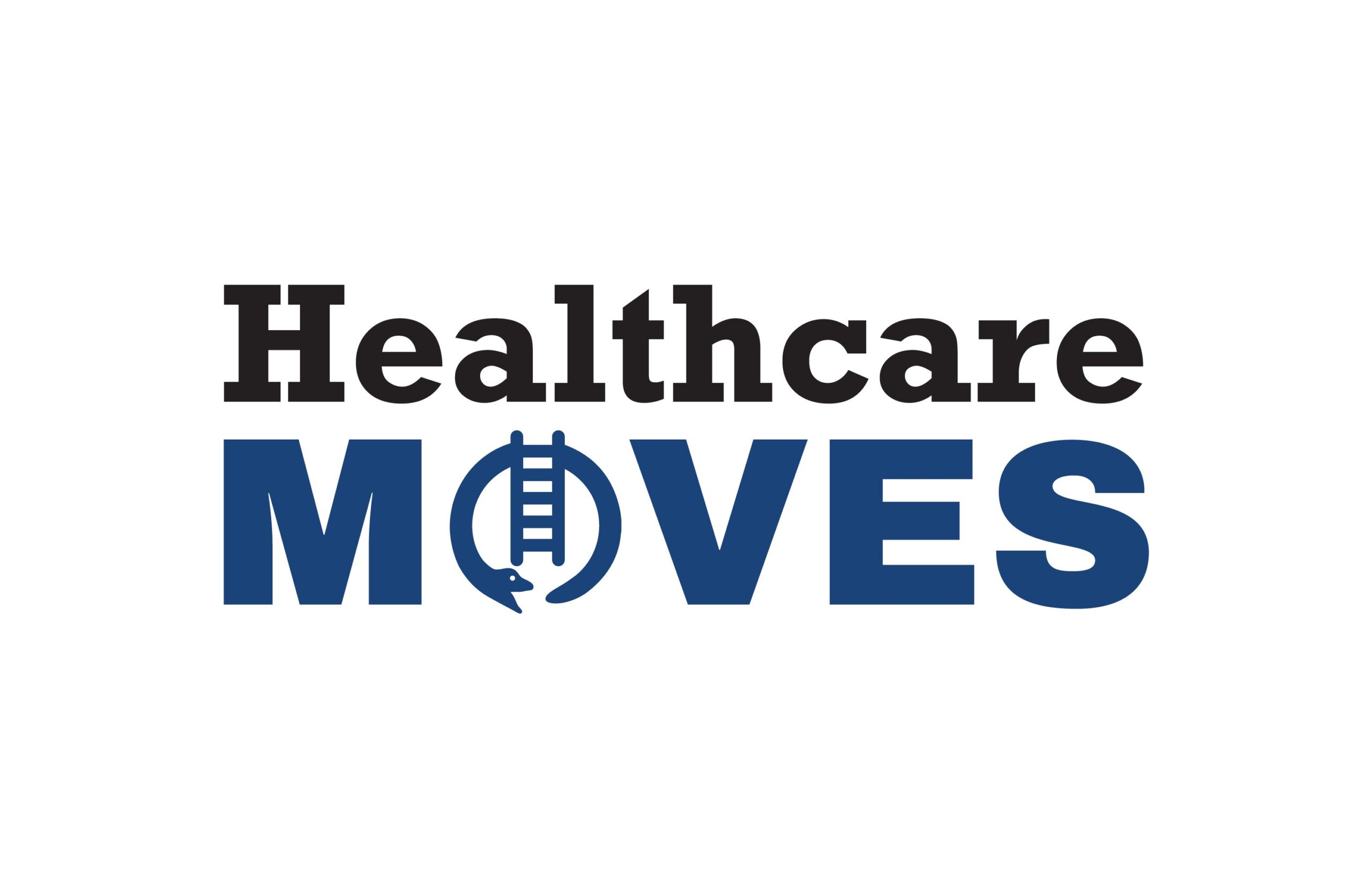After the election, a lot of people are excited that they can now get healthcare. Or maybe not quite yet, but by 2014, when ObamaCare is fully implemented.
The only problem is that healthcare is not like an Obama phone. The phones are all made by a standard process in a factory, probably in China, and they usually work.
You can use them to call a healthcare provider. But you usually get the “if this is an emergency, hang up and dial 911,” followed by the phone menu.

With the Rise of AI, What IP Disputes in Healthcare Are Likely to Emerge?
Munck Wilson Mandala Partner Greg Howison shared his perspective on some of the legal ramifications around AI, IP, connected devices and the data they generate, in response to emailed questions.
How will this change with ObamaCare? Doesn’t that give you a right to care?
Whenever someone tells me about the “right” to healthcare, I ask, “From whom? From me?” This question exposes this “right” for the robbery and slavery that it is. Take it to the next step. Do you really want to exercise your “right” to healthcare on a physician who doesn’t want any part of this bargain? What kind of care do you think you’ll receive?
Years ago, I stopped doing cardiac anesthesia, because well over half of the patients were “covered” by Medicare and payment to me for my services was well below what I thought acceptable ($285 for my last 6-hour cardiac anesthetic). Soon thereafter I stopped my dealings with Medicare (and Medicaid) altogether as I increasingly saw myself as the recipient of money taken from my neighbors against their will. As an aside, the angriest patients I’ve ever encountered were the Medicare patients I subsequently treated with no charge whatsoever. My providing charitable care elicited patient rage like none I’ve encountered since.
About two weeks after I quit, an angry cardiac surgeon, inconvenienced by my departure from the group of available cardiac anesthesiologists and with his finger in my face, told me that he was going to see to it that I was forced to do these anesthetics, so as not to disrupt his schedule. I guess he thought he had a “right” to my services.
It didn’t help things that I laughed. I said, “Dr. X, I’ll be happy to visit with the family before their loved one’s elective surgery and inform them that I want no part of this and that I don’t really want to be here, but someone is making me do this. Maybe you all would like to wait for an anesthesiologist who wants to be part of this, because I certainly don’t.”
This cardiac surgeon suddenly understood. Now imagine this on a large scale. Angry mobs of folks waving their ObamaCare “insurance” cards in the street demanding their free healthcare outside a closed and vacant doctor’s office.
That is what Obamacare is: an insurance card. Come 2014, you’ll have to certify to the IRS that you have such a card, one that is acceptable to the government. Or else you’ll have to pay the government for the “choice” to not have insurance: a minimum of $95 at first, climbing to $695 in a few years.
So keep that ObamaCare card handy. Either you or the taxpayers will have paid maybe $15,000 a year for it. Or it is very likely to be a Medicaid card. You’ll need the card when you call the healthcare provider. If you make it through the phone menu, your insurance number will likely be the first question you will be asked. This will tell what type of care you are eligible to receive and from whom, and how much the provider will be paid.
It is likely that the provider will not be a physician. The physician you might eventually see will not be working for you. He’ll be working for an ObamaCare Accountable Care Organization, which is paid for not providing care.
If too many doctors quit, the government might try to make them work. But will your doctor still care if you point a gun at him? The fear of having to see such a doctor may be the great new incentive for “wellness.”














